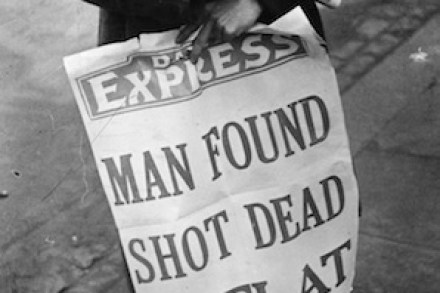Quiet desperation
Andrew Miller’s seventh novel, and the first since Pure, which won the Costa Book of the Year award, is an intensely curious affair; thick with material detail from the outset, it announces itself as a novel of closely observed and relished realism. But before too long, one begins to suspect that its specificity — much





